And if thou say in thine heart, How shall we know the word which the LORD hath not spoken? When a prophet speaketh in the name of the LORD, if the thing follow not, nor come to pass, that is the thing which the LORD hath not spoken, but the prophet hath spoken it presumptuously: thou shalt not be afraid of him. (Deuteronomy 18:21–22)
Meridian Magazine recently ran an article titled Answers to 50 Anti-Mormon Questions. This is my attempt to deconstruct the language of the article (my modern lit professor would be so proud) and then critique their answer.
Deconstruction
One anti-Mormon ministry suggests 50 questions as a way to deceive Latter-day Saints.
The first sentence of the article provides a ripe field for deconstruction. The word “anti-Mormon” is a telling choice. It is meant to imply to the Mormon reader that the nameless ministry is antagonistic. On an unconscious level, it probably serves to convey the idea that this ministry is against Mormons, a kind of personal antipathy. It is far more likely that the ministry opposes Mormonism, a religious and philosophical disagreement rather than a personal hatred. This choice of words only serves to prejudice the reader against the positions of the nameless ministry.
This sentence has a notable lack of a link to the ministry in question (which is most likely 50 Questions to Ask Mormons). [edit: the source of this article did link to the ministry in a footnote. (thanks, Cybr) Please take this into account when reading my analysis.] It is simple and customary on the internet to provide a hypertext link to a website when referencing it. The sentence also fails to provide the name of the ministry. Refraining from linking to the website and keeping the website nameless demonstrates a lot about the mindset of the author. The author(s) of the article show that they fear open discourse. They intentionally obfuscate the identity of the ministry in question and make it difficult for readers to find the original criticism and ponder the weight of the arguments for themselves. This fearful mindset is usually given two justifications in my experience:
- The author(s) don’t wish to promote the opposing viewpoint by directing readers to it.
- The author(s) believe that some of their readers are not yet ready to face an opposing viewpoint. They are concerned that the faith of the unprepared will falter when they encounter objections. (1 Corinthians 3:2)
These justifications are based on a fear of the opposing viewpoint, as though the ideas themselves are poisonous. The justifications also assume a superior relationship to at least some of the readers, seeking to control the flow of information to protect those that they suppose are weaker than they. It prioritizes their concerns for the faith of their readers over the readers’ right to information that pertains to their religious choices.
Also, the word “deceive” is another prejudicial choice. The intent of the nameless ministry is more likely concern for the faith of members of the LDS church, the same kind of concern that motivated Meridian Magazine’s article in response. If my suspicion about the identity of the nameless ministry is true, this is what they have to say about their motivation.
Questions are a great way to witness to Mormons. Most cultists will turn you off if you begin to preach to them, however, asking questions gives them hope that you are genuinely interested in learning more about their religion. It also is a great way to get them thinking about things they may have never thought about and researching into the false teachings of their church. Questions are great seed-planters that the Holy Spirit can make grow in their hearts and minds and, ultimately, lead them to Christ. They are also great conversation starters.
The only note of deception is in the phrase “asking questions gives them hope that you are genuinely interested in learning more about their religion” which in context is a pragmatic deception to avoid having Mormons disengage from the conversation. This is indeed deceptive and unlikely to produce the hoped for results, but it is not the kind of malicious deception that the language of the Meridian article implies. In all fairness, the following sentences clarify exactly what the author(s) mean by deception:
These questions feign an interest in learning more about our religion. The real intent is to introduce anti-Mormon material intended to “de-convert†LDS.
The overall unconscious impression left with the reader, however, is likely to be the feeling that the nameless ministry’s intent is wholly deceptive not only in its tactics but in the arguments underlying the questions.
The use of the term “Latter-day Saints” for members of The Church of Jesus Christ of Latter-day Saints seems straightforward at first, but hidden within that language is a self-image of superiority over people who don’t share that membership, people who in times past were seen as “Gentiles”. In this context, the term serves to place a contrast between the deceptive anti-Mormons and the godly Saints. The first sentence of the article prejudices the reader against the position of the opposing view, not through logic and reason, but through appeals to emotional language.
Looking further into the article, we find:
Faithful LDS, when first confronted with such anti-Mormon questions, may not know that these questions have been answered.
There is an air of decisiveness to saying that the questions have been “answered”. While it may be strictly true that answers have been proffered, this language gives the impression that all those concerned have accepted those answers as the last word on the matter.
We see from these examples that this is not a neutral examination of the question. This should be a surprise to no one, but it is important to see how the language of the article can prejudice the reader on a subconscious level. The language serves to divert attention and discussion away from the question rather than to clarify it, examining it objectively. The reader’s mind, now properly prejudiced, is prepared to accept the article’s viewpoint less critically.
Critique
The only question the authors address in this article—they promise more answers in the future—is a question of failed prophecy:
Why does the Mormon Church still teach that Joseph Smith was a true prophet of God after he made a false prophecy about a temple being built in Missouri in his generation (Doctrine and Covenants 84:1-5)?
These are the two verses at the heart of the question:
Verily this is the word of the Lord, that the city New Jerusalem shall be built by the gathering of the saints, beginning at this place, even the place of the temple, which temple shall be reared in this generation. For verily this generation shall not all pass away until an house shall be built unto the Lord, and a cloud shall rest upon it, which cloud shall be even the glory of the Lord, which shall fill the house.
The proffered answer centers on two tactics:
- casting doubt on the meaning of the word “generation”
- casting doubt on whether this passage was a prophecy or a commandment centered on the definition of “shall”
The authors then assert that virtually all critics of Mormonism make the following errors:
- misunderstand or misread LDS doctrine or scripture
- give unofficial material the status of official doctrine
- assume that Mormons must have inerratic [sic] ideas about scripture or prophets as conservative evangelical Protestants do
- apply strict standards to LDS ideas, but use a double standard to avoid condemning the Bible or their own beliefs if the standard was applied fairly to both.
While I’ll leave it to you to judge whether I will commit any of those errors, I must first warn that the first two criteria are impossible to meet in practice. First, no matter how well a critic understands Mormon doctrine and scripture, an apologist can always assert that they don’t know enough. Second, there is no clearly defined source of official doctrine. Even if criticism was limited to the LDS Standard Works, finding the official doctrine therefrom is a matter of interpreting those scriptures correctly. There is no official standard by which anyone can determine if an interpretation is correct. In other words, official LDS doctrine is an impossible target to hit because it is so ill-defined. Now, let me turn to my opinion about their answer.
The authors offer that a generation may be more properly interpreted as a long period of time rather than the common definition which invariably involves the idea of a single cohort of contemporary individuals. The authors ask the reader to accept a special definition of the word that is not attested in any of the eight dictionaries that I consulted. The most generous definition was from a Bible dictionary that stated that the ancient Hebrews reckoned a generation to be 100 years. That time has passed almost twice over since 1832 when this prophecy was recorded.
To justify this special definition, the authors appeal to biblical prophecies of Jesus’ immanent return within the span of a generation in Matthew 23:36 and 24:34. This objection may work on those who believe in the truth of those prophecies, but not on disbelievers. From my perspective, it looks like trying to justify one false prophecy with another. The promise of Jesus immanent return throughout the New Testament has failed even more resoundingly than Joseph Smith’s prophecy of a temple in Independence, Missouri. Supporting one with the other is an ironically fruitless tactic.
Also note that the passage reads “For verily this generation shall not all pass away until an house shall be built unto the Lord”. (emphasis mine) The word “all” clearly indicates all of the generation of people then alive as the common definition indicates. If “generation” were intended to be a period of time rather than the lives of the people of the time, then “completely” or “entirely” would have expressed this thought, or perhaps leaving out the word “all” would have done the same.
The authors next wish the reader to accept that the word “shall” is a commandment here. Here is an explanation of the traditional use of the words “shall” and “will”:
—Usage note The traditional rule of usage guides dates from the 17th century and says that to denote future time shall is used in the first person (I shall leave. We shall go) and will in all other persons (You will be there, won’t you? He will drive us to the airport. They will not be at the meeting). The rule continues that to express determination, will is used in the first person (We will win the battle) and shall in the other two persons (You shall not bully us. They shall not pass). Whether this rule was ever widely observed is doubtful. Today, will is used overwhelmingly in all three persons and in all types of speech and writing both for the simple future and to express determination. Shall has some use in all persons, chiefly in formal writing or speaking, to express determination: I shall return. We shall overcome. Shall also occurs in the language of laws and directives: All visitors shall observe posted regulations. Most educated native users of American English do not follow the textbook rule in making a choice between shall and will. (dictionary.com, adapted from the Random House Unabridged Dictionary)
In other words, the use of the word “shall” in the third person (as it is used in these verses) expressed a determination on the part of the speaker, in this case purportedly God. It is also used in directives as explained in the quote. So it could be either meaning: a directive or an expression of determination. The reader is left to wonder which meaning was intended.
In that same passage, “shall” is used in ways that are clearly not intended as a directive to the hearers. The passage reads “For verily this generation shall not all pass away until an house shall be built unto the Lord”. If we assume that “shall” is meant as a commandment here, God commands the generation to not pass away (this generation shall not) until they have built the temple. It doesn’t make sense for God to either command the people not to die until they have completed the temple or for the current age (if we accept their definition of “generation”) to avoid ending until the temple is completed. Then the passage reads “a cloud shall rest upon it, which cloud shall be even the glory of the Lord, which shall fill the house.” Again, if “shall” is meant as a commandment, then God is commanding the cloud to rest on the temple, to be the glory of the Lord, and to fill the temple. Again, that makes no sense. This entire passage reads like a prophecy of things to come, not a directive to Joseph Smith’s followers (or to time or a cloud).
Further, the language in Matthew 24 that the authors tacitly accept as being a prophecy of Jesus’ return uses “shall”. It would be silly to assert that God was commanding Jesus to return again in these passages.
I grant, though, that I cannot offer an ironclad proof that this passage was not a commandment no matter how improbable that idea seems. If it was a commandment, I wonder why God would not have fallen back on the traditional “thou shalt” or “let my servant” or other similar usage to express a commandment. If, as the authors claim, God’s intent was to issue a commandment, it seems that he did so clumsily, in a way that was open for easy misinterpretation. It is as though God, the Creator of the universe, Lord of heaven and earth, was incapable of speaking precisely so as to be understood.
It is immaterial that Joseph Smith recorded another revelation years later that excused the Mormon faithful from building the temple. The simplest explanation is that a false prophet was seeking to cover his tracks by subtly misdirecting attention away from his attempted prophecy. The revelation does nothing to prove that Joseph Smith intended the previous revelation to be a commandment.
In the end, the authors do not offer a truthful examination of the evidence. They address themselves to the Mormon faithful in order to quiet doubt by offering possible but improbable explanations for problems in Mormon history and doctrine. Their answer to this question is not so airtight that no further debate is necessary, though that is the impression that they seem to want the reader to leave with. Their unlikely excuses and appeals to equivocal language do little to convince those outside of Mormonism of Joseph Smith’s prophetic call, nor do they address the other instances of Joseph Smith’s plainly false prophecies. Their tactics remind me of Nephi’s warning about those who would seek to lull the members of the church into carnal security.
]]>


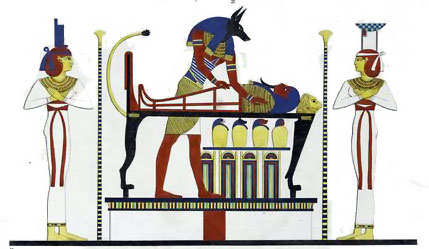

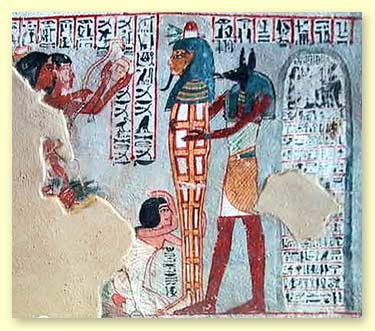
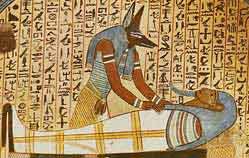

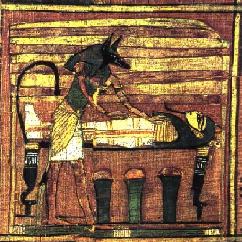
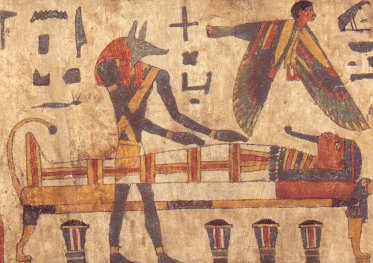
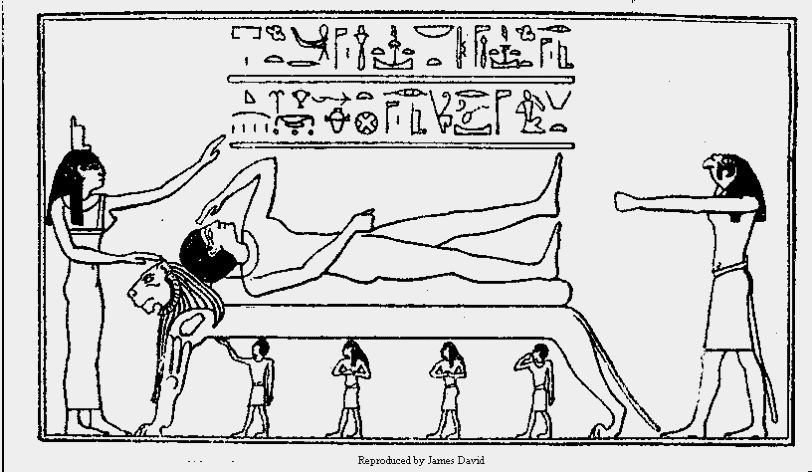

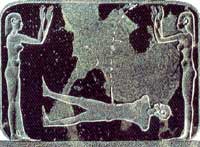
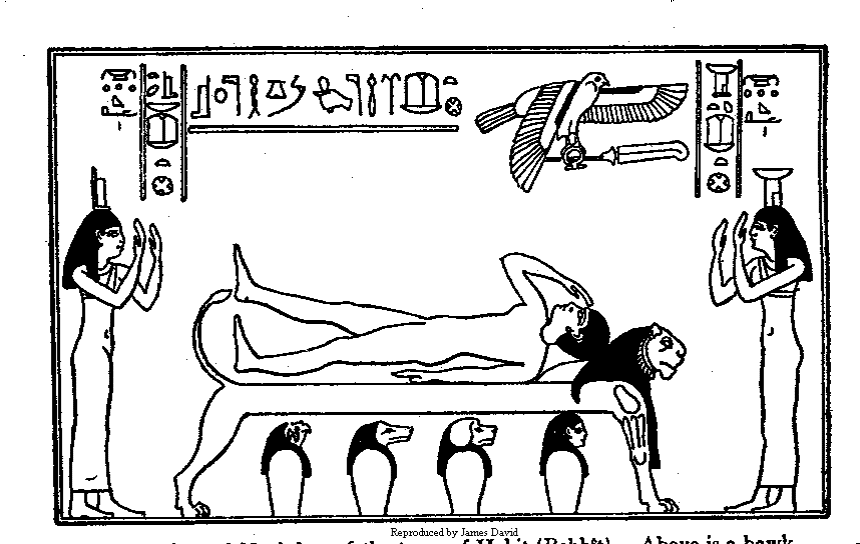
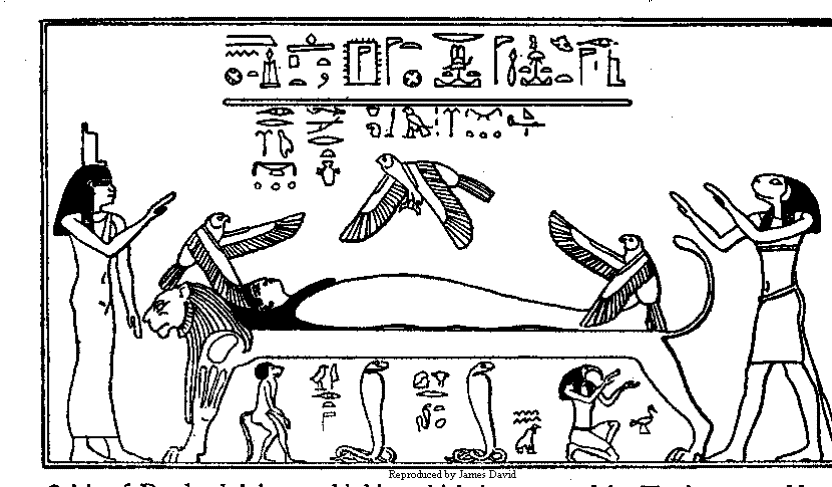
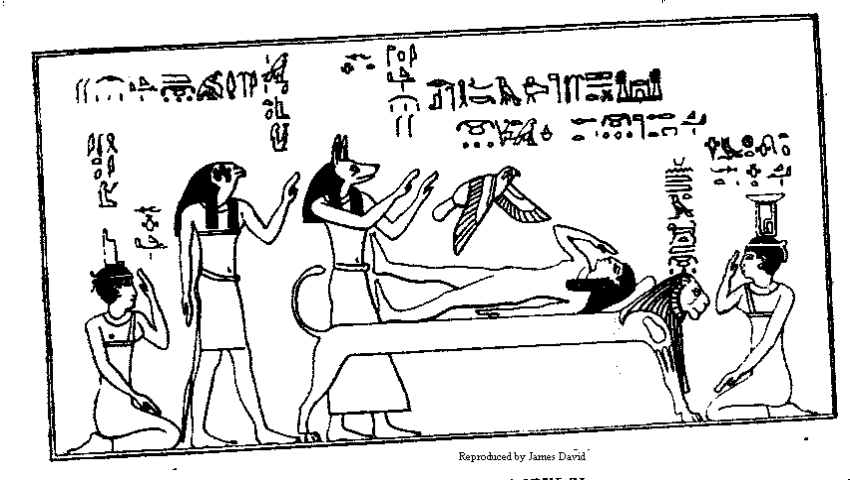
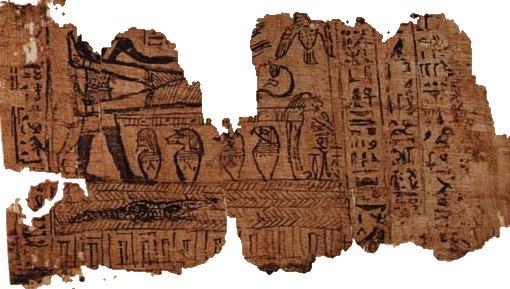
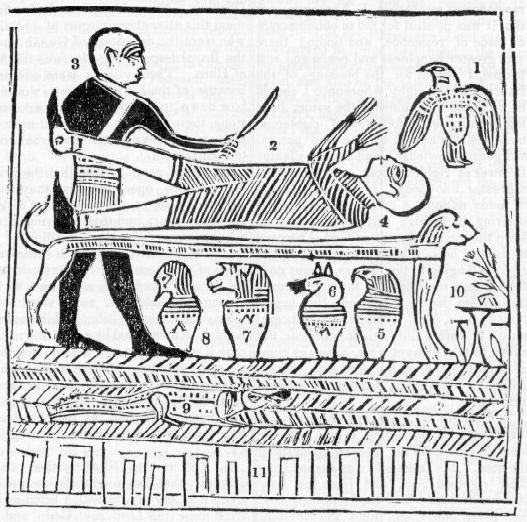
![[comic]](http://www.blakeclan.org/jon/greenoasis/wp-content/uploads/2007/10/stinkoman3.gif)